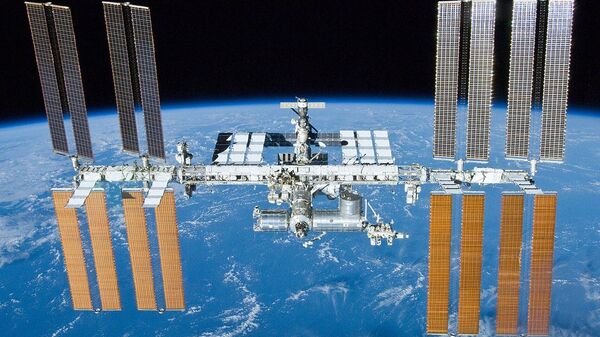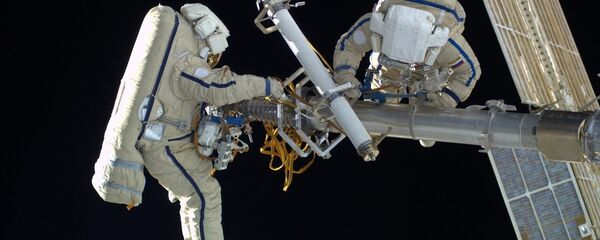"We are working in coordination with the [UN] Office for Disarmament Affairs, for a few years now, so that we can also bring our technical expertise, because we are UNOOSA, so we have a lot of expertise in the field, or our staff members are experts in the field," Di Pippo said during the first UN Conference on Space Law and Policy jointly organized by UNOOSA and the Russian government in Moscow when she was asked how UNOOSA could work to help UN member states adopt such treaty on arms control.
She further noted that UNOOSA could bring a lot to the table if member states wanted to receive technical support.
"We would really love to have champions — countries which could on a voluntary basis provide funds to us… Russia could be one, if they have any intention of doing that, for sure," Di Pippo said.
The director stated that UNOOSA sought to also work on transparency and confidence-building measures with this funding.
READ MORE: Situation Around Hole on Soyuz More Difficult Than Expected — Roscosmos Chief
"We have to work more with the [UN] Office for Disarmament Affairs in order to do outreach in transparency and confidence-building measures. In order to do that we need support from member states, also in terms of financing," the official said.
Di Pippo added that the current budget of UNOOSA only allowed the agency to engage in its core activities.
"The regular budget that we have is very limited and is only for the core function, which is capacity building in space services and application," she said.
On August 28, Beijing called for the prompt adoption of a multilateral agreement on the control over arms in space to ensure peace and security based on a draft proposed by China and Russia several years ago.
China and Russia submitted a draft Treaty on the Prevention of the Placement of Weapons in Outer Space, the Threat or Use of Force Against Outer Space Objects to the Geneva Conference on Disarmament in 2008 and provided an updated draft in 2014.




